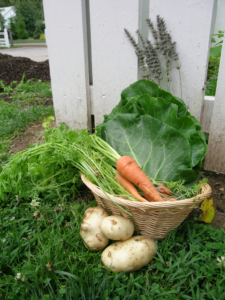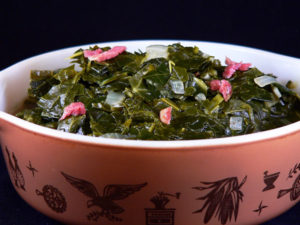Despite the advancement of African American people and the political correctness era ushered in the 20th Century themed movement of the civil rights, slavery remains a dye that continues cast a stain upon the consciousness of American society. Humans were forcibly made to become the chattel of other men, and, therefore, forced to serve their owners in whatever capacity they deemed necessary, whether it be working in the fields or serving in “da big house,” or for mere entertainment purposes. Most notably, though, our broken history teaches the masses that slaves were imported for the sole purpose of providing free, uncontested manual labor and agriculture skills.
As an African American female child, I raised to be self-sufficient and independent. My parents believed in gardening and taught us kids the art of sowing, planting, and harvesting. “You Reap What You Sow” was a phrase that was spat, daily. My Mother was particularly fond of letting those words flow from her lips, especially when it applied to the directing of physical labor (namely, mine (LOL)). At my young age, I was incapable of grasping the significance of the lesson being taught. I did not comprehend that the act of gardening was a means to an end. I was too young to appreciate that my parents were imparting the symbolic teachings and traditions of our ancestors, who once sowed the seeds of sustenance and survival for a nation, while in bondage.
Even though many years have passed, it still feels as though it were yesterday. My recollection is chock full of sharp memories of gardening under the strict and loving guidance of my parents. Yes, I witnessed the birth and rebirth of that fertile patch of land reserved behind the garage, surrounded by a temporary fence protecting that precious patch of land. Dad’s enclosure was held together with hand carved wooden stakes, fishing wire, coils, and hinges assembled in his garage. Just beyond the garage, laid a protected vegetable sanctuary, readying itself for consumption.
Each year, my own urban garden, with its eco-irrigation system, yields onions, greens (collards), tomatoes, eggplant, berries and other root vegetables. The practice of gardening allows me to pay homage to the men and women stripped from their Diasporas. Through gardening, my family taught me to recall the horrors of the past and recent past. And after each harvest, I am reminded of the earth’s renewal. But more importantly, I am reminded of the responsibility of passing along the historical knowledge of gardening to the next generation.
By honoring, respecting and preserving centuries-old customs, I am ensuring that the legacy of the past remains relevant. Gardening is a tradition that requires commitment. One must be willing to work the land, feel the dirt between your fingers and protect the ground. In doing so, a sense of pride and accomplishment is achieved, together with a profound sense of appreciation for “mother earth.” Knowing that that same soil you nurtured, will soon spring forth a bounty of life, grown by your hands is a cathartic experience.
On a personal note, reflecting on these memories has reminded me that despite my family’s humble beginning, we had an abundant life and I had a great childhood. Our dinner table was always filled with bowls of delicious green vegetables, bread and potatoes or rice.


